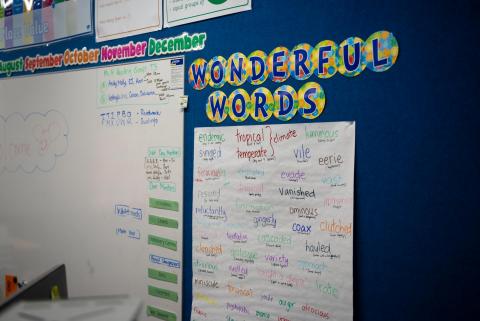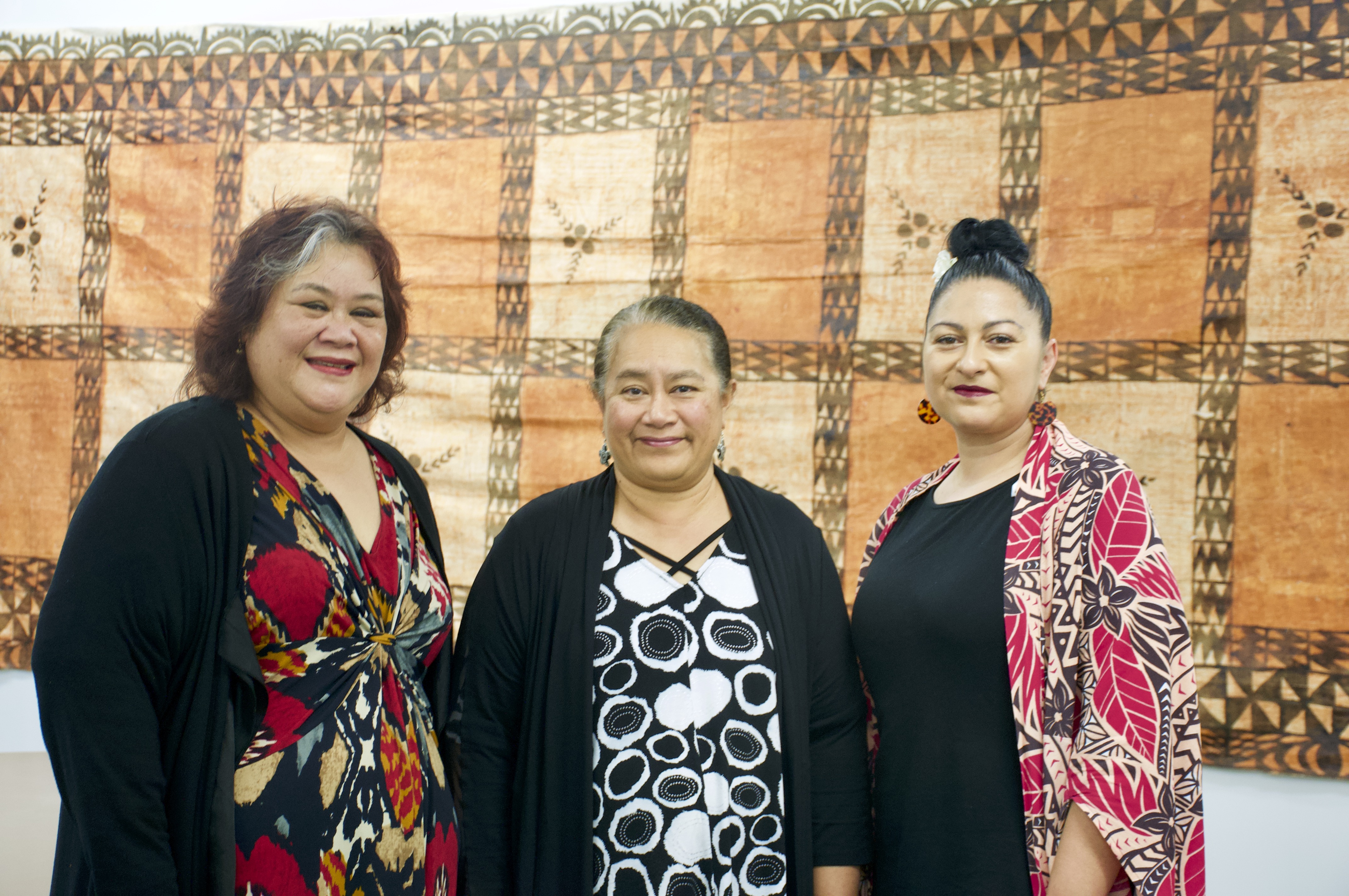You are here
Home › About TLRI › News archive › The TLRI is now accepting Expressions of Interest for 2024 fundingThe TLRI is now accepting Expressions of Interest for 2024 funding

Expressions of Interest for educational research funding now open!
We are pleased to announce that the TLRI is now accepting Expression of Interest applications for its 2024 funding round. All guidance documentation and key dates are available here.
Since 2003, the TLRI has strengthened the relationship between educational research and teaching practice, with the ultimate goal of improving equity and outcomes for ākonga in Aotearoa.
As in recent years, Expression of Interest applications are accepted for both of the TLRI’s funding pathways:
- The Open pathway, and
- Whatua Tū Aka, a kaupapa Māori pathway
This year the TLRI fund is prioritising the following areas:
- Research on topics of strategic importance within the early childhood education (ECE), primary and/or secondary school sectors.
- Research that focuses on success for Māori learners as Māori in any sector.
- Research that focuses on success for Pacific learners as Pacific in any sector.
The deadline for Expressions of Interest is 5pm, Wednesday 1 May 2024.
He whāinga wāhi mō ngā kairangahau kaupapa Māori
Ko Whatua Tū Aka tētahi ara whāngai pūtea mō ngā rangahau mātauranga kaupapa Māori. He mea kōkiri nā te Kōkiri Rangahau Whakaakoranga, Akoranga hoki (TLRI) i te tau 2020. He mea whakawhanake a Whatua Tū Aka kia maha ake ngā tono ki TLRI mai i ngā kairangahau mātauranga kaupapa Māori. Ka taea e ngā kairangahau te tono mō Whatua Tū Aka, ahakoa i te wā tuku Puka Whakaatu Hiahia, i te wā tuku Puka Tono rānei. Ko ngā kaitono mō Whatua Tū Aka ka tuku i tētahi Puka Whakaatu Hiahia ka whiwhi urupare mai i te pae ka taea e rātou te whakamahi hei mōhiotanga mō tā rātou Puka Tono. Kia āhei te uru ki te rārangi ka whiria mō te whiwhinga pūtea, me mātua tuku mai ngā kaitono o Whatua Tū Aka i tētahi tono, i te wāhanga Puka Tono. Kimihia ētahi atu mōhiotanga i: http://www.tlri.org.nz/apply-funding. Tēnā tiria tēnei ki ō whatunga.
An opportunity for kaupapa Māori researchers
Whatua Tū Aka is a funding pathway for kaupapa Māori educational research. It was launched by the Teaching and Learning Research Initiative (TLRI) in 2020. Whatua Tū Aka was developed to encourage more applications to the TLRI from kaupapa Māori educational researchers. Researchers can apply to Whatua Tū Aka at either the Expression of Interest or the Full Proposal stage. Whatua Tū Aka applicants who submit an Expression of Interest application will receive panel feedback that they can use to inform their Full Proposal application. To be considered for funding, Whatua Tū Aka applicants must submit an application at the Full Proposal stage. Find out more here.
An opportunity for applicants submitting Pacific-focussed applications
Since 2022, researchers who plan to submit Pacific-focused applications to the TLRI’s Open pathway have been able to choose to have their proposals assessed against a set of Pacific criteria. These criteria describe research that utilises Pacific research methodologies, engages reciprocally with Pacific tamariki/rangatahi and communities, and privileges Pacific worldviews, languages, cultures, pedagogies, and knowledge systems. The introduction of these criteria reflects the TLRI Advisory Board’s commitment to supporting and strengthening pathways for Pacific research projects in the TLRI.
Recently published TLRI research
The TLRI hosts all funded research, both in progress and completed, here. This includes full reports and outcomes posters, and may help you to shape your own Expression of Interest or Full Proposal. One recently released report, focused on Pacific learning in the Early Childhood Sector, is Pepe meamea in the spirit of the collective: Embedding Samoan indigenous philosophy in ECE for Samoan children under two - read the full report here!.

Pictured: Salā Pafitimai Dr Faasaulala Tagoilelagi-Leota, Dr Tafili Utumapu-McBride and Dr Jacoba Matapo, who lead the 2020 TLRI funded project: Pepe meamea in the spirit of the collective: Embedding Samoan indigenous philosophy in ECE for Samoan children under two.

